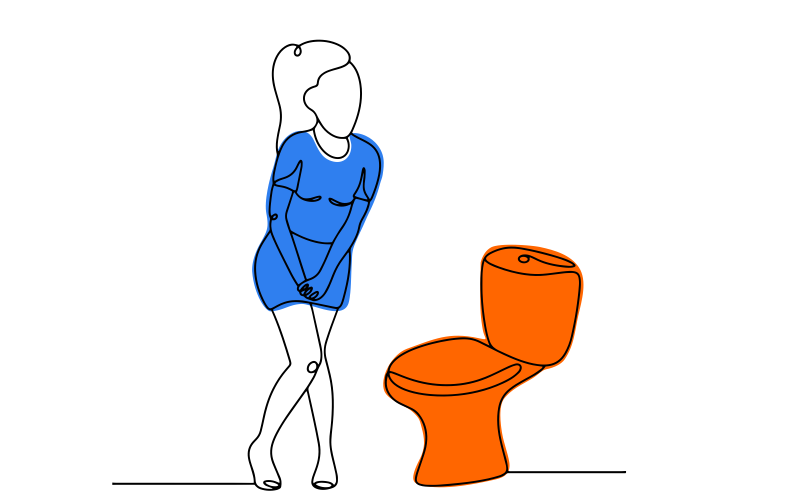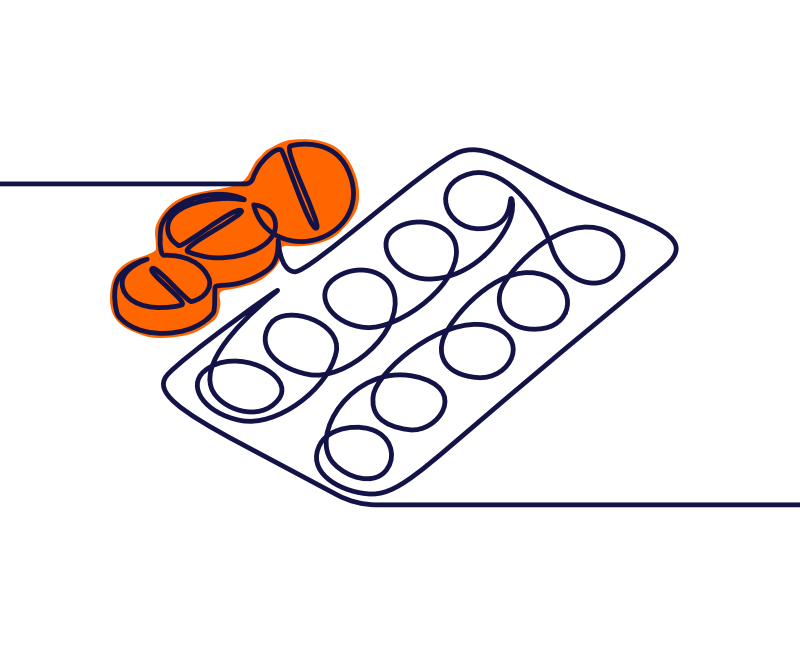Urinary Incontinence

What is urinary incontinence?
Urinary incontinence is the involuntary leakage of urine.
In simple terms, it’s when a person loses control over their bladder, leading to accidental urine loss.
It can range from leaking urine when you cough or sneeze to having such a strong urge to urinate that you can’t get to a toilet in time.
What causes urinary incontinence?
There are many different causes for urinary incontinence. The two most common causes include:
Stress incontinence:
Weakness in the urinary sphincter or pelvic floor muscles causing urine leakage when you exert pressure on your bladder by coughing, sneezing, laughing, or lifting something heavy.
Urgency incontinence:
Involuntary contraction of the bladder mucle causing a sudden, intense urge to urinate followed by an involuntary loss of urine.

What are the symptoms associated with urinary incontinence?
As well as leakage of urine, urinary incontinence can be associated with a variety of bladder symptoms. These symptoms often help us determine the cause of incontinence.

Frequent or urgent urination

Nocturia

Poor urine stream

Dribbling

Urinary retention

How is urinary incontinence investigated?
The cause for urinary incontinence can often be determined by your doctor taking a history and doing an examination.
Additional tests such as urine tests, an ultrasound of your bladder, or diagnostic procedures such as a cystoscopy or a urodynamics study may also be indicated.
How is urinary incontinence treated?
Urinary incontinence can often be treated with simple, non-invasive approaches including lifestyle changes, bladder retraining, physiotherapy and medications.
Depending on the cause of the urinary incontinence, surgical treatment is occassionally required.
Surgical treatment options include bladder Botox, female and male sling surgery, insertion of an artificial urinary sphincter, and sacral neuromodulation.

